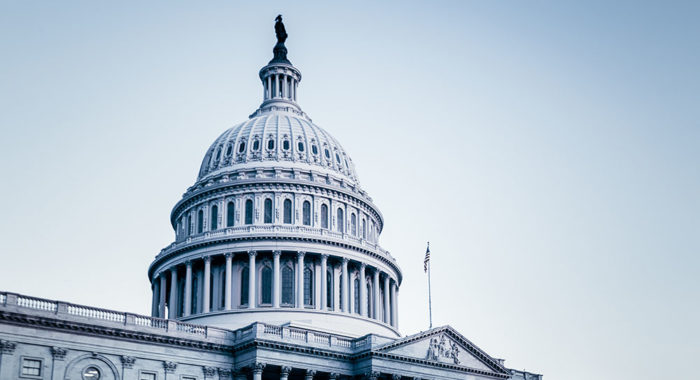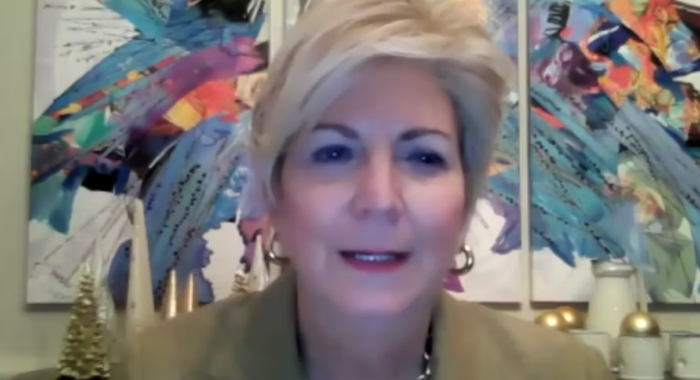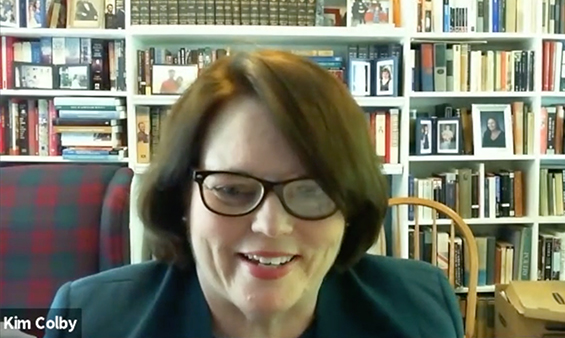
Today’s action by the House of Representatives to pass the Equality Act on a party line vote without hearings or committee markup represents a lost opportunity to develop sensible legislation that would unite our country and protect all Americans from unjust discrimination. The National Association of Evangelicals (NAE) has been a longtime advocate for the religious freedom for people of all faiths and none, and we seek continued protection for all people of goodwill to live in accordance with their genuinely and deeply held convictions.
While the Equality Act offers protections for LGBT individuals, its current form threatens to turn houses of worship and other religious spaces into “public accommodations” subject to intrusive government intervention, in violation of the First Amendment. Where these new rights conflict with the rights of religious people, the Equality Act offers no protection and explicitly removes the existing protection of the Religious Freedom Restoration Act.
“Instead of offering carefully crafted win/win solutions that respect the needs of all Americans, the Equality Act pits LGBT persons against those who believe that God created humans as male and female, and that sexual intimacy is a precious gift from God reserved for marriage between a woman and a man,” NAE President Walter Kim said. “This one-sided bill would guarantee decades of continued polarization rather than providing the basis for Americans to live together peacefully despite our profound differences.”
Religious charities and institutions that believe marriage is a covenant relationship between a man and a woman play indispensable roles in our social safety net — feeding the hungry, housing the homeless, healing the sick and educating disadvantaged children — as well as other valuable contributions to the well-being of all Americans. The version of the Equality Act passed by the House of Representatives would pressure institutions to change their religious beliefs or withdraw from the public-private partnerships that make our charitable sector so dynamic. If it becomes law, it would tee up decades of contentious litigation.
Rather than promoting full equality for all Americans, the House action today sets back the important work of overcoming the deep polarization in this country. The Senate must reject identity politics and craft legislation that serves the entire nation.



 View All Updates
View All Updates 






















